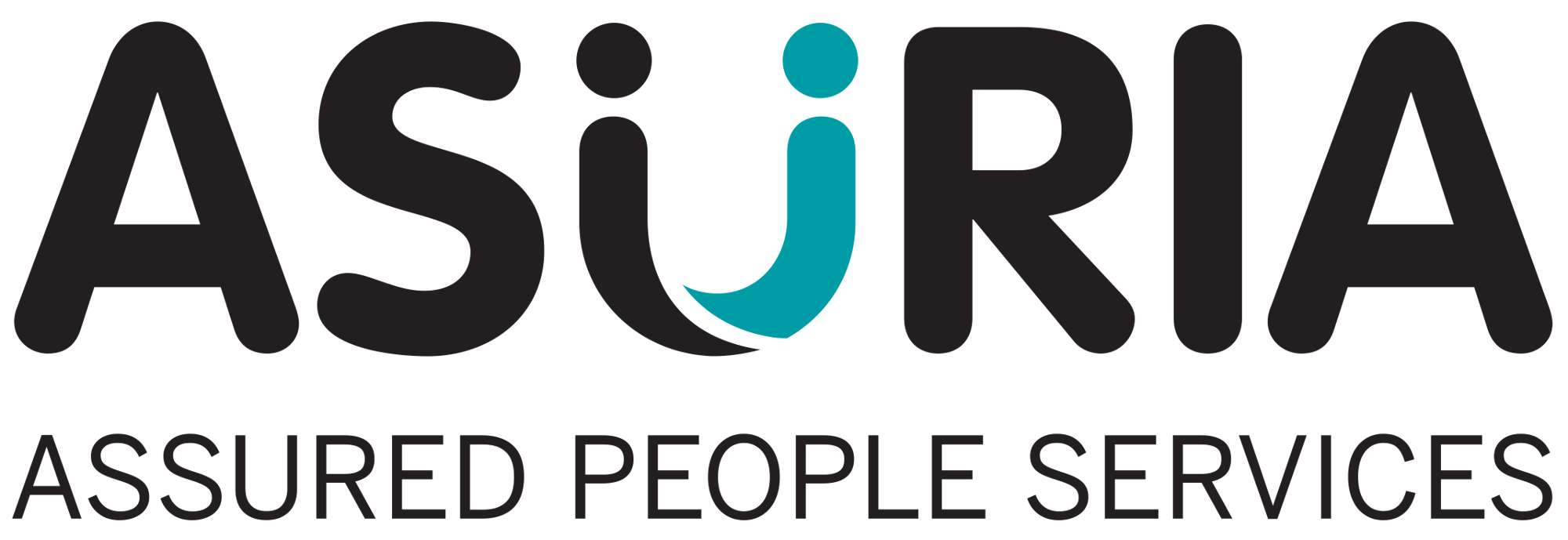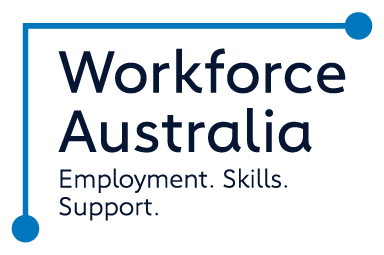The transition from high school to employment can be overwhelming for any young adult. Fortunately, the Transition to Work program, formerly known as Youth Employment Partnership (YEP), supports students like you who are ready to embark on an exciting new phase of their lives.
But where should you start?
This article walks you through five steps to find your first job after high school. It’s an exciting journey, and you might be surprised by where it can lead you. Let’s get started!
Step 1: Check Your Eligibility for Transition to Work
If you qualify for the Transition to Work programme, you can start receiving intensive, pre-employment support to develop practical skills and prepare for employment. What are the general qualifications? You must be:
- - Between 15-24 years old
- Either:
- - A citizen of Australia, or
- - A holder of a permanent visa, New Zealand Special Category Visa, or Nominated Visa (including Temporary Protection Visa or Safe Haven Visa).
Your eligibility may also depend on:
- - Whether you have a Year 12 certificate or Certificate III.
- - If you’ve held a job within the last six months.
- - If you’re currently receiving income support such as Youth Allowance.
- - Whether you’re already participating in another government-sponsored employment service.
You can find out more about your eligibility by talking with one of our Asuria Job Coaches.
Step 2: Develop Practical Skills
The National Skills Commission reports that 18 percent of Australian businesses are planning to increase their staff within the next three months. Those employers need skilled workers who are reliable and ready to join their teams.
But what if you don’t currently have the skills employers need? The Transition to Work program can help you discover which skills you have a knack for, and then you can work on developing those skills to a level that will be enticing to employers.
Perhaps an apprenticeship is the best path forward, or maybe you’ll need a little more education to reach a new level of expertise. Then, you can use your post-high school years to develop marketable, practical skills that will serve you well for the rest of your life.
Step 3: Complete Certifications
How will potential employers know that you have the training or education necessary to fulfil an important role? Of course, you can tell them, but you’ll be a much more attractive candidate if you have certifications that prove your competency.
For example, 13 indigenous job seekers participated in the Workplace Readiness Program. They received pre-placement mentoring, training and job readiness coaching, and three weeks of construction training. Upon graduation, they had the credentials and training to work. And work they did! They used their newly acquired skills to help in building the massive WestConnex Rozelle Interchange Project.
What opportunities are waiting for you after you once you have the proper training and certifications?
Step 4: Find and Finish Work Experience Placements
One of the most common job-seeking frustrations is figuring out how to meet work experience requirements when you’re just starting.
In other words, how do you convince an employer to take a risk on you when you haven’t yet proven yourself? A work experience placement will give you valuable know-how that can springboard you into a long-term career.
Once you and your Job Coach have identified the kind of work you want to do, it’s time to jump in and get your hands dirty. First, spend some time working in a real employment environment, so you have the experience to show. Easy peasy.
Step 5: Connect with Local Opportunities
At this point, you’re fabulously prepared and qualified. You’ve worked with a Job Coach to hone in on the type of work you want to do. You’ve developed your practical skills and completed training or education courses. On top of all that, you’ve secured real-world experience in an actual workplace. There’s only one thing left to do.
It’s time to land a job.
Your Job Coach can help connect you with local opportunities to put your skills to work and shine. You may need to practice your job interviewing skills and work on your application materials, but those are hurdles you can clear. In addition, you’ll have a mentor beside you to answer questions and keep you on track.
So are you ready to begin? Finding your first job after high school is a big deal. It’s an exciting time--the start of a new journey that will lead you to new people and new opportunities. Ultimately, you’ll grow in confidence and maturity and become someone that other people will look to for guidance.
If you’re ready to start the journey, reach out to us at Asuria. You can begin by filling out this form. One of our caring Job Coaches will get in touch with you for an in-depth conversation, and you can go from there. Talk soon!







